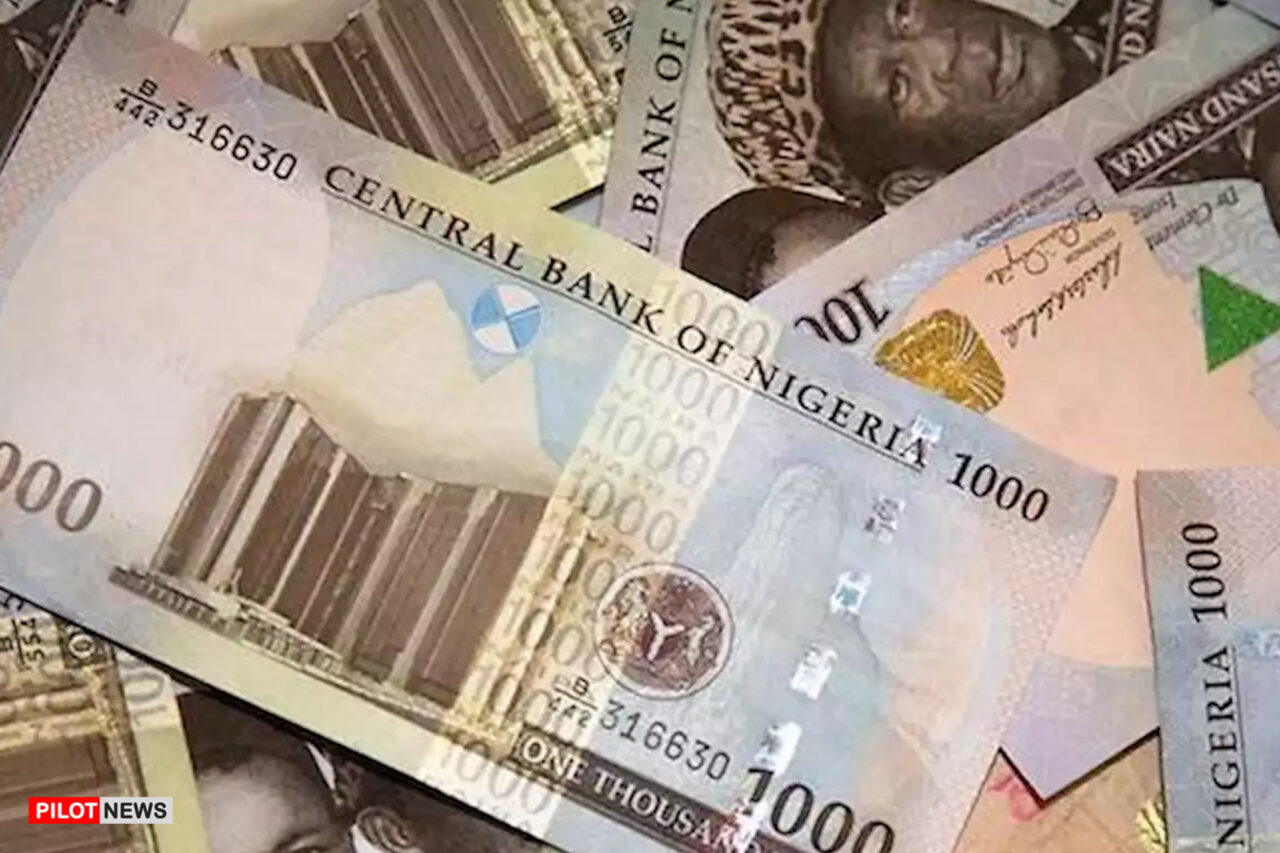The Nigerian naira has been ranked among the worst-performing currencies in sub-Saharan Africa for 2024, according to the World Bank’s latest Africa’s Pulse report.
The report revealed that the naira depreciated by 43 per cent as of August 2024, placing it alongside the Ethiopian birr and South Sudanese pound.
“By August 2024, the Ethiopian birr, Nigerian naira, and South Sudanese pound were among the worst performers in the region,” the World Bank said.
The report attributed the naira’s decline to slow dollar inflows and limited foreign exchange disbursements to Bureau de Change, BDC, operators by the Central Bank of Nigeria.
The rising demand for US dollars, driven by financial institutions, money managers, and non-financial users, has further pressured the currency.
“Surges in demand for US dollars in the parallel market, driven by financial institutions, money managers, and non-financial end-users, combined with limited dollar inflows and slow foreign exchange disbursements to currency exchange bureaus by the central bank explain the weakening of the naira,” the World Bank explained.
As of 15 October, the naira closed at N1,658/$1 on the official market, according to FMDQ Exchange. However, BDC operators reported a record low of N1,700/$1 earlier on 14 October.
The depreciation of the naira has contributed to higher domestic prices, particularly for imported goods, worsening the economic challenges faced by Nigerians.
Despite the challenges facing the naira, the World Bank maintained a cautiously optimistic outlook for Nigeria’s economic growth.
It projected Nigeria’s economy to grow by 3.3 per cent in 2024, rising slightly to 3.6 per cent in 2025–26.
“Economic growth in Nigeria is projected at 3.3 per cent in 2024 and 3.6 per cent in 2025–26 as macroeconomic and fiscal reforms gradually start yielding results,” the report stated.
The report also noted that the removal of the petrol subsidy in mid-2023 led to a significant rise in fuel prices, which in turn drove up inflation across the country.
Inflation, which peaked at 34.2 per cent in June 2024, decelerated to 32.2 per cent in August but rose again to 32.7 per cent in September.
The World Bank further lowered its 2024 growth forecast for sub-Saharan Africa from 3.4 per cent to three per cent, primarily due to the civil conflict in Sudan, which has devastated the economy.
“The downgrade is partly explained by the collapse of economic activity in Sudan caused by the armed conflict,” the report noted.
Despite some currency stabilisation in countries like Kenya and South Africa, the report warned that foreign exchange shortages and exchange rate pressures remain significant challenges across the continent.
- PDP Says Presidential Ticket Open to Jonathan, Other Southern Aspirants - January 22, 2026
- Police Confirm Kidnapping of 177 Kaduna Christians After Initial Denial - January 22, 2026
- Emir Sanusi II Returns to School As a 200-Level Law Student - January 21, 2026

